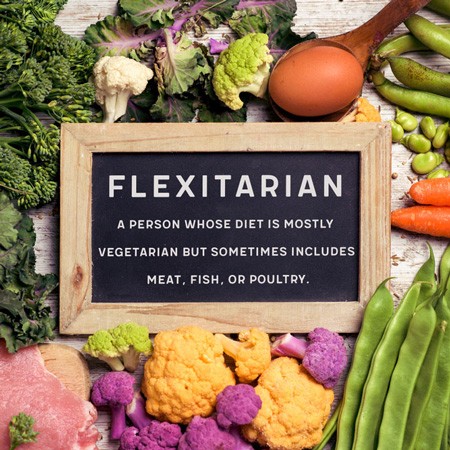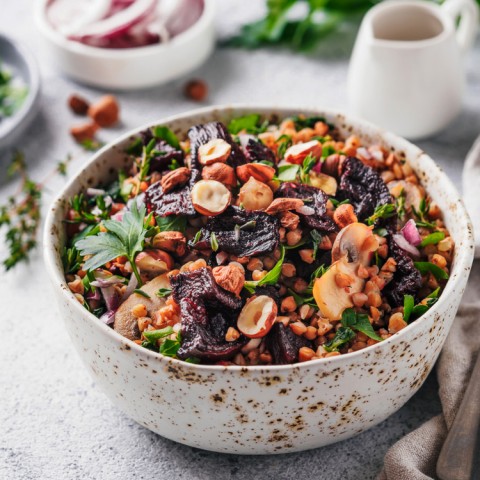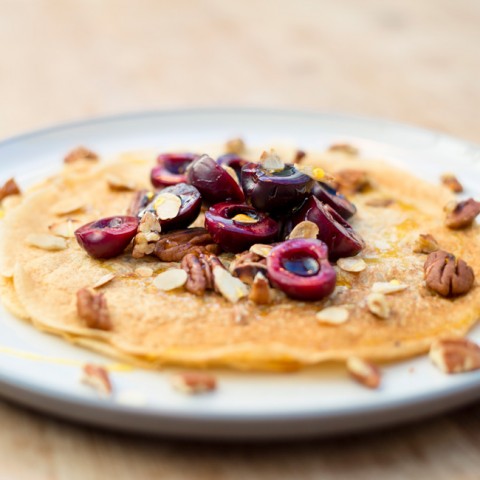The term flexitarian has entered our foodie lexicon in recent years. Now considered to be one of the growth diets, it also offers a number of health and environmental benefits and — as the name suggests — some flexibility along the road to better health.
Many use the diet as a gateway to a fully vegetarian diet, while others to cut down on their meat consumption. Immediately switching from a meat-eating diet to a vegetarian or vegan diet may not be advisable or desirable for some people. However, a flexitarian diet may be an excellent transitional approach to switching your diet from meat to vegetables, if that’s what you wish to achieve.
But what exactly is the flexitarian diet and how useful and nutritious is it compared to other diets? Is it the well-balanced answer to those looking to reduce their meat consumption; those who are concerned about “factory farming” and the impact this is having on our planet’s resources?
What is a flexitarian diet?
Put simply, a flexitarian is a person who eats a vegetarian diet but supplements this with the occasional meat dish during the week. A more accepted definition is someone who replaces at least three meat meals a week with vegetarian and/or vegan dishes. (1)
According to Dawn Jackson Blatner, registered nutritionist, author and flexitarian proponent, the diet is “... an inclusive eating plan, meaning it does not take away foods but rather adds new foods to those you already eat.” It offers, as the name suggests, a flexible range of foods, giving you the freedom to pick and choose between those foods typically consumed by vegetarians or vegans, however combining this with the taste and nutritional benefit of a reduced number of meat or fish meals.
The “best of both worlds”
If, like me, you have considered switching to eating only vegetables but don’t like the idea of giving up meat, you may be suited to the flexibility of this diet. Flexitarian means introducing yourself and your family to vegetarian food, while supplementing this with meat substitutes and the occasional meat dish. It’s a great way to transition to a fully vegetarian diet, if that is your aim, or just to incorporate healthy vegetarian food into your existing predominantly omnivore diet.
The repercussions for our planet
Omnivores have been feeling the pressure to cut back their meat consumption for many years. A well-considered long-term flexitarian diet may therefore be an ideal way to help you reduce your carbon footprint as well as eating more nutritiously. Reducing meat intake will have a marked impact on reducing the pressure on the Earth’s resources as more people are becoming aware that eating a predominantly meat-based diet takes up unsustainable amounts of land, water and energy. (2) These are resources that a growing planetary population must ration sensibly, particularly with a changing climate. There are also issues with farming practices that encourage the inhumane treatment of animals to deliver maximum productivity. Concern for a more ethical way of raising animals is another important driver of the popularity of flexitarianism. (3)
The health benefits
Perhaps the most important personal benefit you will receive from switching to a flexitarian diet is better nutrition. (4) Reducing meat consumption on three or more days a week is the usual definition of a flexitarian regime. This will usually mean replacing meat with a healthier option, either vegetables, pulses or healthy meat substitutes. By not eschewing meat completely, you maintain the nutritional benefits of meat — such as an excellent source of protein and iron — and the enjoyment of eating your favourite cuts of meat or types of fish, albeit in more moderate quantities.
The impact on the household budget
Savings, as well as an increase in quality, can be made by switching to a flexitarian diet. This has been shown in a recent French study. (5) Less meat means you have the option of selecting better quality, more humanely-raised (yet perhaps slightly more expensive) meat. For example, feeding your family an almost exclusively meat-based diet will put a big strain on the weekly household food budget. Buying enough meat for the family for the week requires shopping carefully and buying cheaper, supermarket cuts rather than the healthier, more humanely-reared cuts that you’d prefer. However cutting back on meat consumption can help free up money in the weekly food bill, allowing you to make savings and purchase these quality cuts.
So should you consider cutting back your meat consumption and putting yourself on a flexitarian diet? Any trimming back of the amount of meat you eat will benefit both you and the and the planet, and including more vegetables in your diet — and that of your family — can only improve your health. Most nutritionists recommend including a variety of food in your diet, including quality meat cuts and a range of pulses and vegetables. The flexitarian diet would therefore appear to be an ideal way to boost healthy eating while doing your bit for our planet.
Do you follow, or have you tried, a flexitarian diet? We’d love to hear how you’re going, or what your experiences were. Please don’t hesitate to have your say in the comments or over at our Facebook Page.
As always, we recommend you talk to your doctor, nutritionist or other health professional before making radical changes to your diet. As it is important to monitor your health as you switch diets, it is your health professional who is in the best position to check changes and advise accordingly.

Love Health?
From recipes, trends and discounts, expect great things via email this month.
More Great Reads!

Behind The Brand: Antipodes
Recipes We Love!

Clever Cookies












